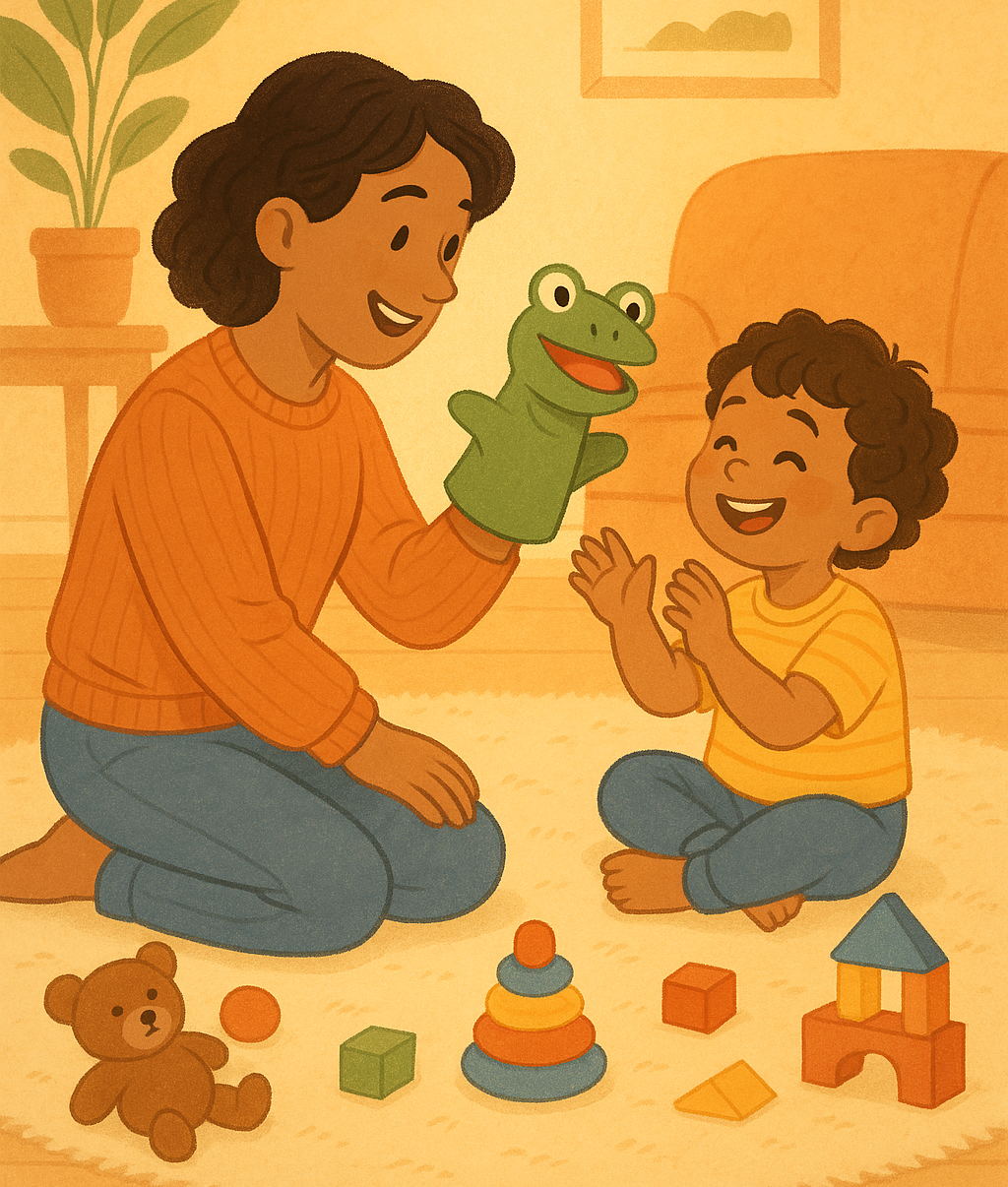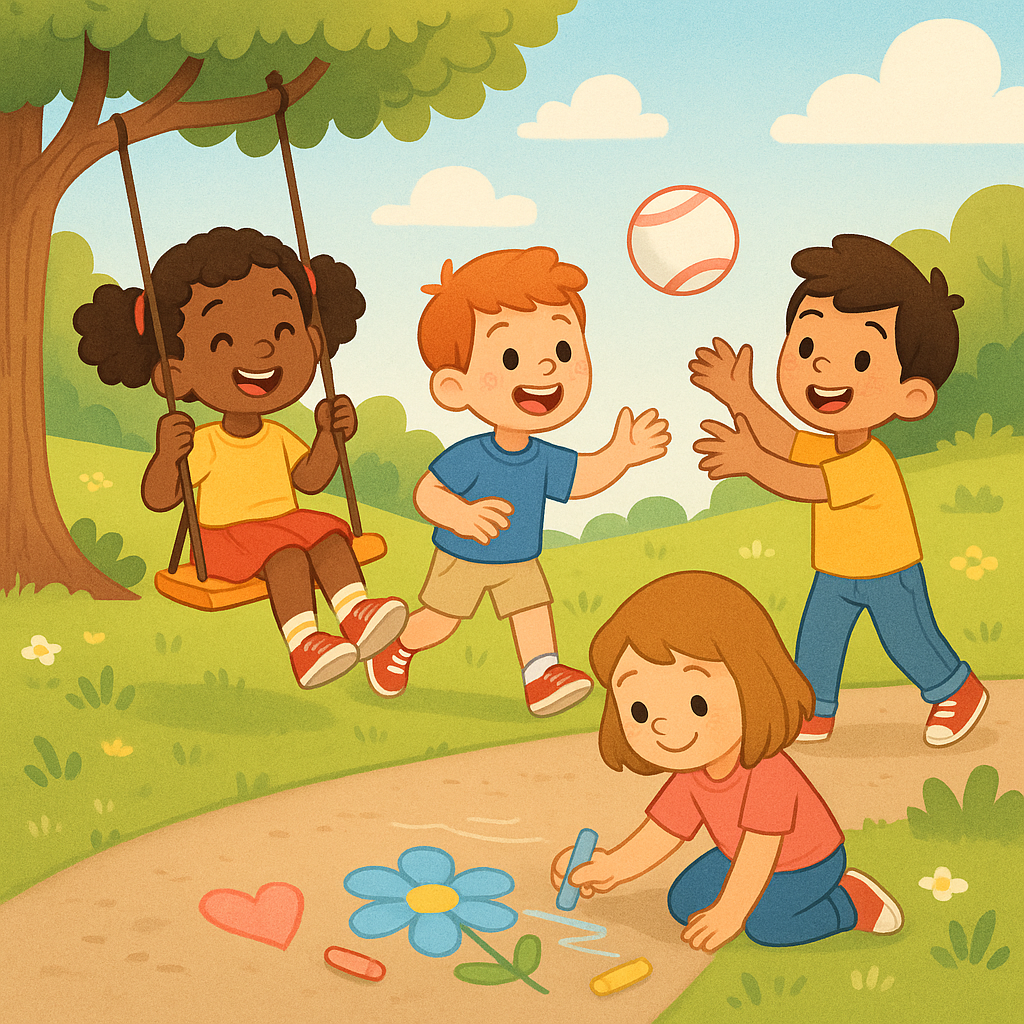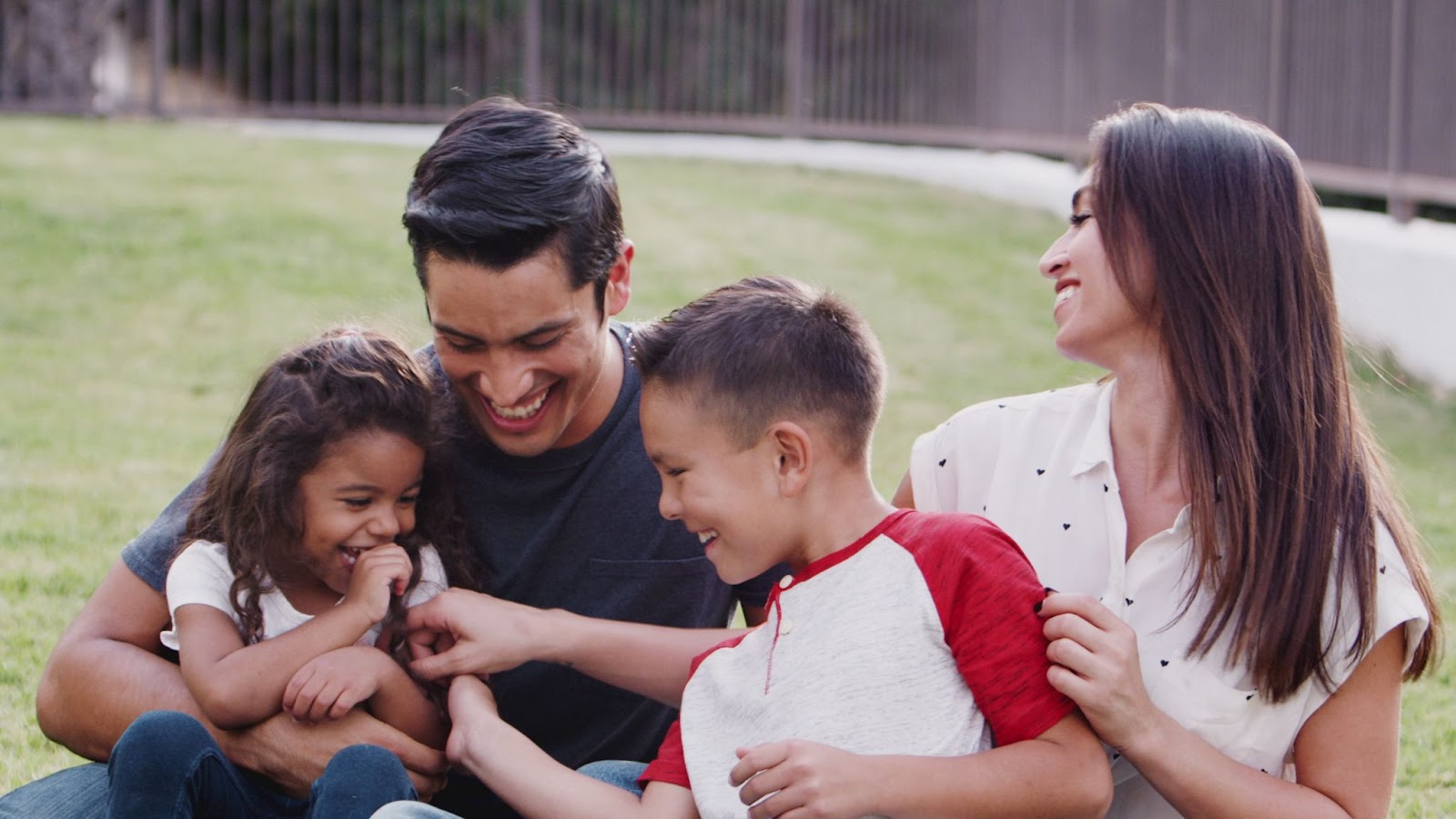Parenting is a journey filled with joy, challenges, and—let’s be honest—a fair share of self-doubt. Every parent, at some point, wonders if they’re doing enough, doing it right, or simply doing it well. If you find yourself struggling with parenting insecurities, know that you’re not alone. Here are some practical tips to help you cope and build confidence in your parenting journey:
Parenting a child with ADHD or other behavioral challenges can be both rewarding and overwhelming. As a professional play therapist, I’ve seen firsthand how play therapy can be a transformative tool for children and their families. In this blog, we’ll explore how play therapy works and why it’s such a powerful approach for addressing behavioral challenges.
Phobias are more than just everyday fears—they’re intense, persistent, and can interfere with a child’s daily life. As a parent, watching your child struggle with a phobia can be heartbreaking and sometimes overwhelming. The good news? With understanding, patience, and the right strategies, you can help your child manage and overcome their fears.
Parenting teenagers can be a rollercoaster ride, filled with moments of joy, frustration, and uncertainty. One of the most debated topics among parents is whether it’s ever acceptable to snoop on their teen. As a play therapist, I understand the delicate balance between respecting a teen’s privacy and ensuring their safety. In this blog, we’ll explore this sensitive topic and provide guidance to help parents navigate these tricky waters.
Parenting is often described as a team effort, but what does that really mean? Should parenting always be a 50/50 split, or is there more to the story? In this blog, we’ll explore the dynamics of shared parenting responsibilities and how families can find balance in their unique situations.
Hi there, wonderful parents! I’m so glad you’re here. Today, I want to talk about something that might sound a little technical—“parental projective identification”—but I promise, it’s a concept that can make a big difference in how we connect with our kids. As a play therapist, I see this dynamic pop up in families all the time, and understanding it can help us nurture our children’s emotional health (and our own!).
Tantrums and meltdowns are a natural part of childhood, but they can be overwhelming for both children and parents. As a play therapist, I often see the transformative power of play in helping children navigate these intense emotions. In this blog, we’ll explore how play can be a valuable tool for addressing tantrums and meltdowns, offering practical strategies for parents to implement at home.
Friendship and confidence are two pillars of a happy childhood. As parents, we often wonder how we can help our children develop these essential skills. One of the most effective ways is through play. Play is not just fun; it’s a powerful tool for learning and growth. In this blog, we’ll explore how play can help your child make friends and build confidence.
Play is a universal language for children, and it can be a powerful tool for encouraging positive behavior. As parents, we often focus on correcting misbehavior, but what if we could use play to guide our children toward better choices? In this blog, we’ll explore creative ways to foster positive behavior through play.
Helicopter parenting is a term used to describe parents who are overly focused on their children. These parents typically take too much responsibility for their children’s experiences and, especially, their successes or failures. While it’s natural to want the best for your child, hovering too closely can have unintended consequences.










